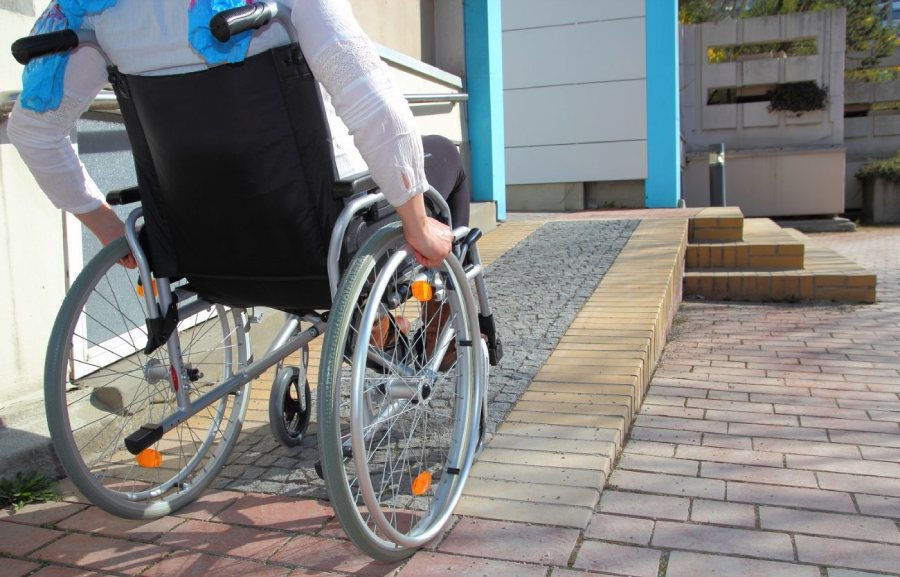Positive news for seriously injured Claimants requiring special accommodation
Some fantastic news at long last for seriously injured Claimants following a Court of Appeal judgment on 9th October 2020 in the case of Swift v Carpenter[i].
In cases involving serious injuries resulting in a Claimant needing special accommodation, a Claimant will correctly claim the difference in cost between the home the Claimant would have needed if the accident had not happened and the cost of the home the Claimant now needs because of their injuries.
The difficulties in assessing costs
Calculating how much the Claimant should be awarded in respect of the increased accommodation costs has always been problematic because of two competing issues. On the one hand, upon the injured Claimant's death, their home may be worth much more than it would have been but for the accident, resulting in a windfall for the Claimant's estate - something that is not allowed in English law. On the other hand, if the Claimant is not fairly compensated for the increased accommodation cost, their needs may not be met and this would be extremely unfair on the injured Claimant. It should be remembered that claims for special accommodation are usually applicable to cases involving catastrophic injury, including amputations, spinal cord, and brain injuries.
This issue was previously considered by the Court of Appeal in the 1988 case of Roberts v Johnstone [ii], in which the Court of Appeal gave guidance as to how to calculate claims for accommodation costs. However, that guidance - which lower courts were bound to follow for over 30 years - very often resulted in substantial unfairness to Claimants because the amount of compensation for housing costs using the formula in Roberts v Johnstone was usually far less than the actual cost of the accommodation. This meant that either the Claimant could not pay for the special accommodation at all or, if they did, the cost would have to be paid out of other parts of their damages and this would potentially limit their ability to pay for care, for example.
Ms Swift suffered serious injury and disability following a road traffic collision in 2013. As a result of her injuries, she required special accommodation and her legal team correctly claimed the increased accommodation costs of £900,000 over Ms Swift's lifetime. Ms Swift's case went to trial in 2018 and, using the calculation using the formula in Roberts v Johnstone, the High Court found that there was no claimable loss at all. This was - clearly - incredibly unfair. Ms Swift required special accommodation as a result of her disabilities caused by the accident. However, the decision in Roberts v Johnstone - which was binding on the High Court - meant she was awarded nothing at all for the cost of the accommodation.
Court of Appeal outcome
Ms Swift appealed to the Court of Appeal and, on 9th October 2020, it gave its judgment and found that the formula in Roberts v Johnstone should no longer be used. Instead, the Court of Appeal held that accommodation claims should now be assessed using a 'life interest/reversionary interest' model. Without getting bogged down in the technicalities of each formula/model, in short, Ms Swift was awarded over 90% of the cost of the accommodation rather than the 0% she was awarded by the High Court.
Even better, for severely injured Claimants who have a short life expectancy, the Court of Appeal expressly stated that a different approach might be justified.
This has been a real problem for Claimants for decades now and it is fantastic that the Court of Appeal has now struck a fairer balance to ensure Claimants are compensated fairly.
[i] Swift v Carpenter [2020] EWCA Civ 1295
[ii] Roberts v Johnstone [1989] QB 878
For further information or advice, please get in touch with Accident and Injury Solicitor Associate Richard Green, at richard.green@wards.uk.com or telephone 01275 858515.
Or to see our Accident and Injury team, please click here.


